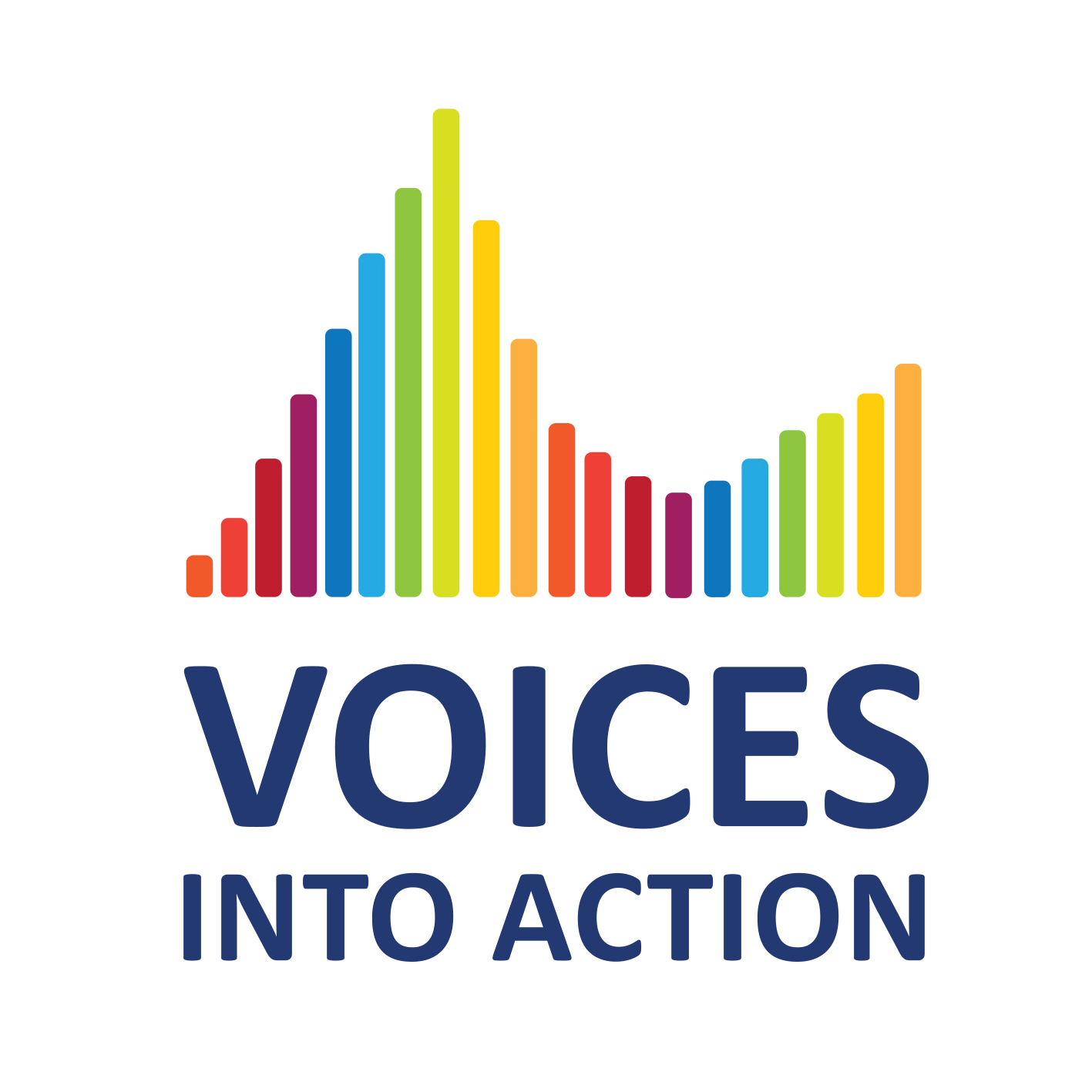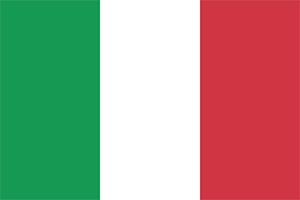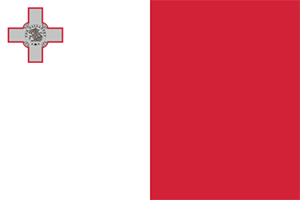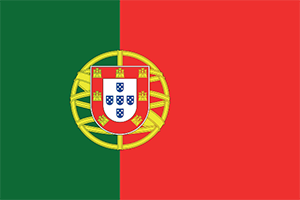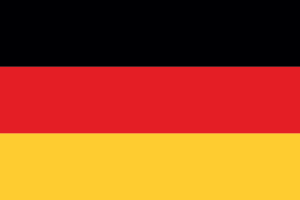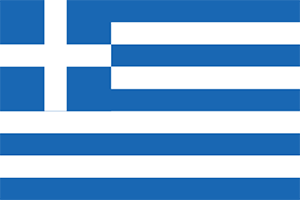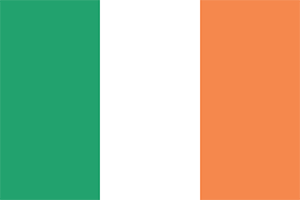Country examples of practice
The Agency collected and summarised concrete examples of learner, family and community participation, primarily in educational contexts. These examples showcase ways that countries have integrated learner and family voices into decision-making at national, regional and local levels. They do not indicate ‘best practices’, but they share different approaches to involving learners and families in building inclusive education systems.
Note: country examples may differ slightly in their usage and definitions of some terms and phrases. Please refer to the Agency glossary for general definitions.
Use the provided search filters to narrow down examples by country, system level, topic area, target group and framework element. Click the 'Reset' button to clear the selected filters. Please contact secretariat@european-agency.org if you would like to see or provide examples from an Agency member country that is not included.
The Italian Ministry of Education sets out national laws for the education system. It also has decentralised offices that oversee regional issues. Schools have a high degree of autonomy to define curricula, expand educational offerings and structure class groupings and schedules.
In Malta, there is a clear policy direction to include learners with disabilities within the mainstream education system, rather than in ‘resource centres’ (i.e. centres catering for learners’ more complex needs). This involves providing support services in mainstream schools.
Malta’s ECEC National Policy Framework was influenced by a consultation process with stakeholders involved in the ECEC field. A working committee of various stakeholders was set up.
Overall, the Alcanena Schools Cluster recognised that many of its learners:
- come from disadvantaged socio-economic backgrounds;
- have learning disabilities, physical challenges or mental health difficulties;
- have migrant and refugee backgrounds;
- do not have a satisfactory command of Portuguese;
- have care responsibilities at home.
A group of professionals, policy-makers and practitioners working on the national inclusive education policy wanted to listen to the voices of children and young people. Working with the Foundation for Educational Services (FES) during the national summer school programme, they asked child participants to draw their interpretations of inclusion and inclusive education.
A diverse range of associations in Germany is involved in preparing federal bills. These associations represent the specific interests of people with disabilities, parents, children, people from migrant backgrounds and more.
The Federal Ministry for Family Affairs, Senior Citizens, Women and Youth (BMFSFJ) launched a programme to modernise child and youth welfare and encourage participation and discussion on this topic.
At a national level, the 2020 National Action Plan for the Rights of Persons with Disability and the Strategic Action Plan for the Equal Access of Persons with Disabilities to Education develop actions to highlight the voices of learners with disabilities and their families
The Irish Department of Education’s Inspectorate carries out a range of actions to include learners’ views throughout the school inspection process. A key principle of the Inspectorate is that inspectors ‘seek and give due consideration to the views and opinions of learners, according to their age and maturity’.

